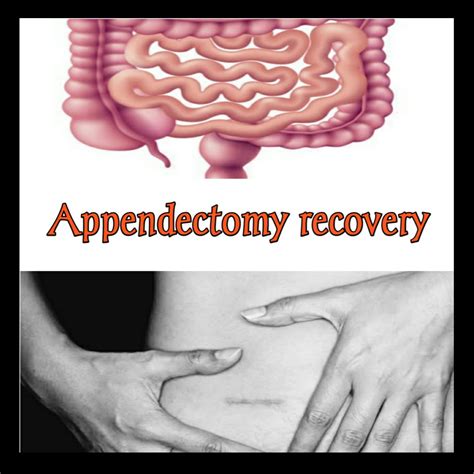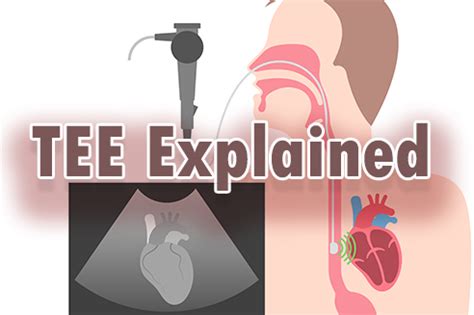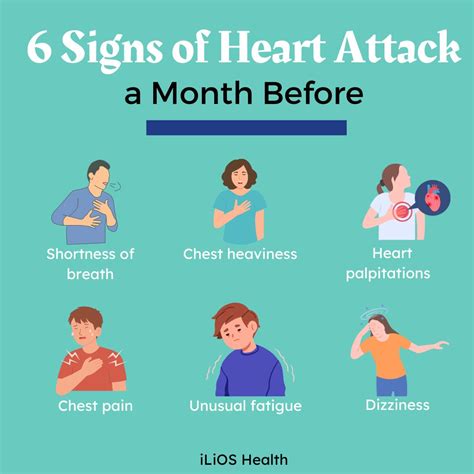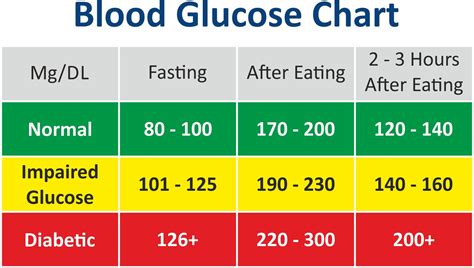Appendectomy Recovery: Heal Faster At Home

Recovering from an appendectomy, which is the surgical removal of the appendix, requires careful attention to your body’s needs to ensure a smooth and speedy recovery. While the initial recovery period is typically spent in the hospital under the care of medical professionals, the majority of your healing will take place in the comfort of your own home. Understanding how to navigate this critical period can significantly impact your overall recovery time and reduce the risk of complications.
Understanding the Recovery Process
The recovery process after an appendectomy can vary depending on several factors, including the type of surgery you had (open or laparoscopic), your overall health before the surgery, and how well you follow post-operative instructions. Generally, the first few days are crucial, as your body begins to heal from the surgery. It’s essential to balance rest with gradual increases in activity to promote healing and prevent complications like blood clots.
Pain Management
Effective pain management is a cornerstone of recovery. Your doctor will prescribe pain medication, which you should take as directed. It’s crucial to stay on top of your pain to avoid it becoming unmanageable. However, always follow the prescription instructions carefully to avoid overmedication. Sometimes, alternative methods such as applying heat or cold to the affected area can provide additional relief.
Dietary Adjustments
After an appendectomy, your diet will play a significant role in your recovery. Initially, you may start with a liquid diet, gradually moving to soft foods, and then to your regular diet as your body allows. It’s essential to choose foods that are easy to digest to minimize strain on your digestive system. Avoid heavy, fatty, or spicy foods for a while. Staying hydrated by drinking plenty of water is also vital.
Wound Care
Proper wound care is critical to prevent infection and promote healing. Keep your incision site clean and dry. Follow your doctor’s instructions for changing dressings and applying any topical treatments. Be on the lookout for signs of infection, such as redness, swelling, increased pain, or pus, and report these to your doctor immediately.
Physical Activity
While rest is essential, gentle movement can help prevent complications such as constipation and blood clots. Start with short walks and gradually increase your activity level. Avoid heavy lifting, bending, or strenuous exercise for several weeks, as advised by your doctor.
Emotional and Psychological Recovery
The recovery period can also have an emotional impact. It’s common to feel anxious, depressed, or frustrated during this time. Reach out to friends, family, or a professional if you need support. Engaging in activities that you enjoy, as your health allows, can also help in maintaining a positive outlook.
Potential Complications
While rare, complications can occur. These include infection, bowel obstruction, or adhesions. Knowing the signs of these complications can help you seek medical attention early. If you experience severe abdominal pain, fever, vomiting, or signs of infection, contact your healthcare provider.
Frequently Asked Questions
How long does it typically take to recover from an appendectomy?
+Recovery times can vary, but most people can return to their normal activities within 1-3 weeks after a laparoscopic appendectomy and 2-4 weeks after an open appendectomy.
What are the signs of infection after an appendectomy?
+Signs of infection include redness, swelling, or increased pain around the incision site, fever, or pus. If you experience any of these symptoms, contact your doctor immediately.
Can I take a bath or shower after an appendectomy?
+Yes, but follow your doctor's instructions. Usually, you can shower after a few days, but bathing or soaking in water may be restricted for a longer period to prevent infection.
How can I manage abdominal pain after an appendectomy?
+Follow your doctor's advice on pain medication. Applying heat or cold packs to the area and getting plenty of rest can also help manage pain.
When can I return to work after an appendectomy?
+The time to return to work varies depending on the type of surgery and your job demands. For desk jobs, you might return within 1-2 weeks, but for jobs requiring physical labor, it may take 4-6 weeks or more.
Conclusion
Recovering from an appendectomy requires patience, adherence to your doctor’s instructions, and a focus on gradually increasing your activity levels while ensuring your body has the time it needs to heal. By understanding the recovery process, managing your pain, adjusting your diet, taking proper care of your wound, and being mindful of your physical and emotional well-being, you can set yourself up for a successful and speedy recovery at home. Always stay in close communication with your healthcare provider if you have any concerns or questions about your recovery.



